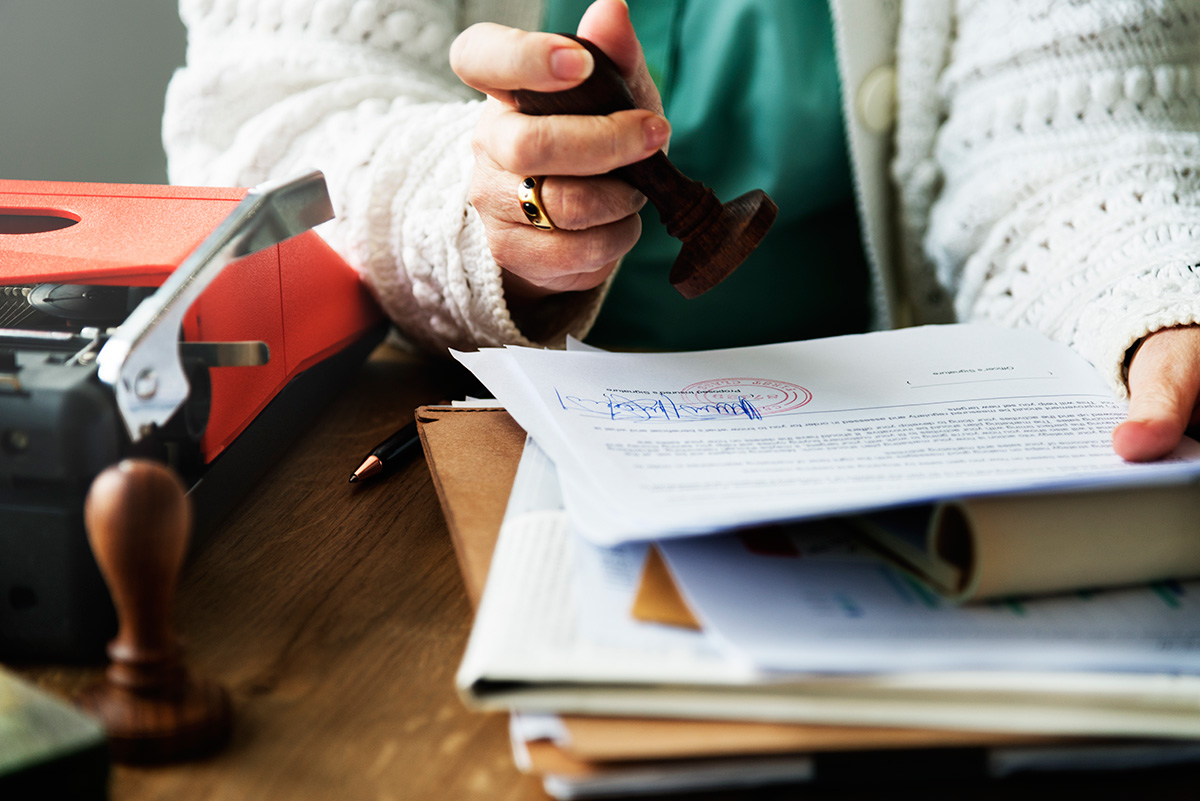
Notarization Explained: What Happens During a Notary Appointment?
If you’ve ever been told, “You need to get that notarized,” you might have paused and wondered: What exactly does that mean? Whether you’re signing a contract, giving someone power of attorney, or authorizing your child to travel abroad, notarization plays a vital role in verifying your identity and ensuring the authenticity of your documents.
Table Of Content
- What Is Notarization?
- Why Notarization Matters
- What Happens During a Notary Appointment?
- 1. Scheduling the Appointment
- 2. Bring Valid Identification
- 3. Do NOT Sign the Document in Advance
- 4. The Notary Examines the Document
- 5. Verifying Identity and Willingness
- 6. Witnessing the Signature
- 7. Completing the Notarial Certificate
- 8. You’re Done!
- Types of Notarizations
- Tips for a Smooth Notary Appointment
- Final Thoughts
In this blog post, we’ll walk you through the notarization process, explain what happens during a notary appointment, and help you understand why notarization matters. Whether you’re preparing for your first visit or just want to be sure you’re doing it right, this guide will make the process clear and stress-free.
What Is Notarization?
Notarization is the official process performed by a notary public to deter fraud and verify that a document was signed willingly and by the right person. A notary public is a legally authorized individual who serves as an impartial witness to the signing of important documents.
There are different types of notarizations depending on the document and its purpose, but they all share the same goal: to ensure trust, legality, and accuracy.
Why Notarization Matters
Here’s why notarization is important in legal and everyday life:
- Fraud Prevention: It ensures the person signing is who they claim to be.
- Voluntary Action: It confirms that signatures are made willingly, without coercion.
- Legal Standing: Many legal documents require notarization to be valid in court or accepted by institutions.
- Public Record: Notaries maintain logs of all acts they perform, which can serve as evidence later if needed.
What Happens During a Notary Appointment?

If you’ve never had a document notarized, it’s completely normal to feel unsure about what to expect. The good news is that the process is usually quick, simple, and straightforward — if you come prepared.
Let’s break down the steps:
1. Scheduling the Appointment
You can visit a walk-in notary, make an appointment at a local notary office, or schedule a mobile notary to come to your home, office, or even a hospital. In many regions, remote online notarization (RON) is also available.
Before your appointment:
- Confirm what type of notarization you need.
- Ask what identification and documents you need to bring.
- Check if witnesses are required (and whether you must bring your own).
2. Bring Valid Identification
One of the key roles of a notary is to verify your identity. You’ll need to bring a government-issued photo ID such as:
- A driver’s license
- Passport
- State or national ID card
Make sure your ID is valid (not expired) and matches the name on your document.
3. Do NOT Sign the Document in Advance
This is a common mistake! You must sign the document in front of the notary, not before your appointment. The notary needs to witness the signature firsthand to confirm that you signed it knowingly and willingly.
4. The Notary Examines the Document
The notary will:
- Review the document for completeness
- Make sure no blank spaces remain
- Confirm that the document does not contain red flags, such as missing pages or confusing language
If the document appears suspicious or incomplete, the notary may refuse to proceed until corrections are made.
5. Verifying Identity and Willingness
The notary will:
- Inspect your ID
- Ask you questions to confirm you understand the document
- Confirm you’re signing under your own free will
If the notary believes you’re being coerced or don’t understand what you’re signing, they are legally required to decline notarization.
6. Witnessing the Signature

Once everything is in order, the notary will ask you to sign the document in their presence. If your document requires multiple signers, all parties must be present unless otherwise allowed by law.
7. Completing the Notarial Certificate
After witnessing your signature, the notary fills out the notarial certificate, which includes:
- The date and location
- Type of notarization performed
- Names of signers
- Notary’s official signature and seal (or stamp)
In many jurisdictions, the notary also logs the appointment in a notary journal as part of the public record.
8. You’re Done!
Once the notary signs and seals the document, it’s officially notarized. You can now submit or file the document with confidence that it carries legal weight.
Types of Notarizations
| Type | Purpose | Example Use Case |
|---|---|---|
| Acknowledgment | Verifies that you willingly signed a document | Deeds, powers of attorney |
| Jurat | Swears that contents of the document are true | Affidavits, sworn statements |
| Copy Certification | Verifies a copy is a true reproduction | Passports, diplomas, licenses |
| Signature Witnessing | Confirms identity and presence during signing | Contracts, leases |
| Remote Online Notarization (RON) | Video-based notarization with digital seal | Used across states or countries |
Tips for a Smooth Notary Appointment
- Double-check your document requirements – Some forms require witnesses, specific wording, or multiple copies.
- Arrive on time – Especially important if using mobile or online services.
- Have everything ready – Bring your ID, document(s), and any other required information or parties.
Final Thoughts
Notarization isn’t just a stamp on paper — it’s a safeguard for you and the people relying on your document. Whether you’re closing on a home, handling a loved one’s estate, or authorizing a child’s travel, a notary helps ensure that everything is done legally, fairly, and transparently.
Now that you know what to expect during a notary appointment, you can approach the process with confidence and clarity. And if you’re ever in doubt, a professional notary will be happy to walk you through the details step by step.


